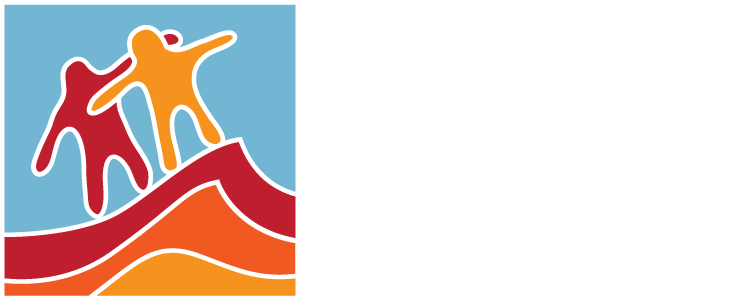More than 400 people attended the Stress Less in the Park event at the Civic Centre Lawns.
20 local service providers were present and providing engaging activities for event attendees, as well as providing information on how to access community support services.
The Alice Springs Reptile Centre did a presentation which was very popular and Get Physical provided a short stretch demonstration. Kumalie Riley provided a Welcome to Country and the Alice Springs Mayor Matt Paterson spoke on behalf of the Alice Springs Town Council.
Local musicians Maddi, Xavia and Paul Ah Chee performed on the day, and there was an Outside Broadcast by CAAMA Radio.
The event was organised with the support of a local committee which included representatives from Lutheran Care, Salvation Army, Central Australian Women’s Legal Service, Catholic Care and Flinders University.
The event was supported by the Alice Springs Town Council and Northern Territory Primary Health Network.

